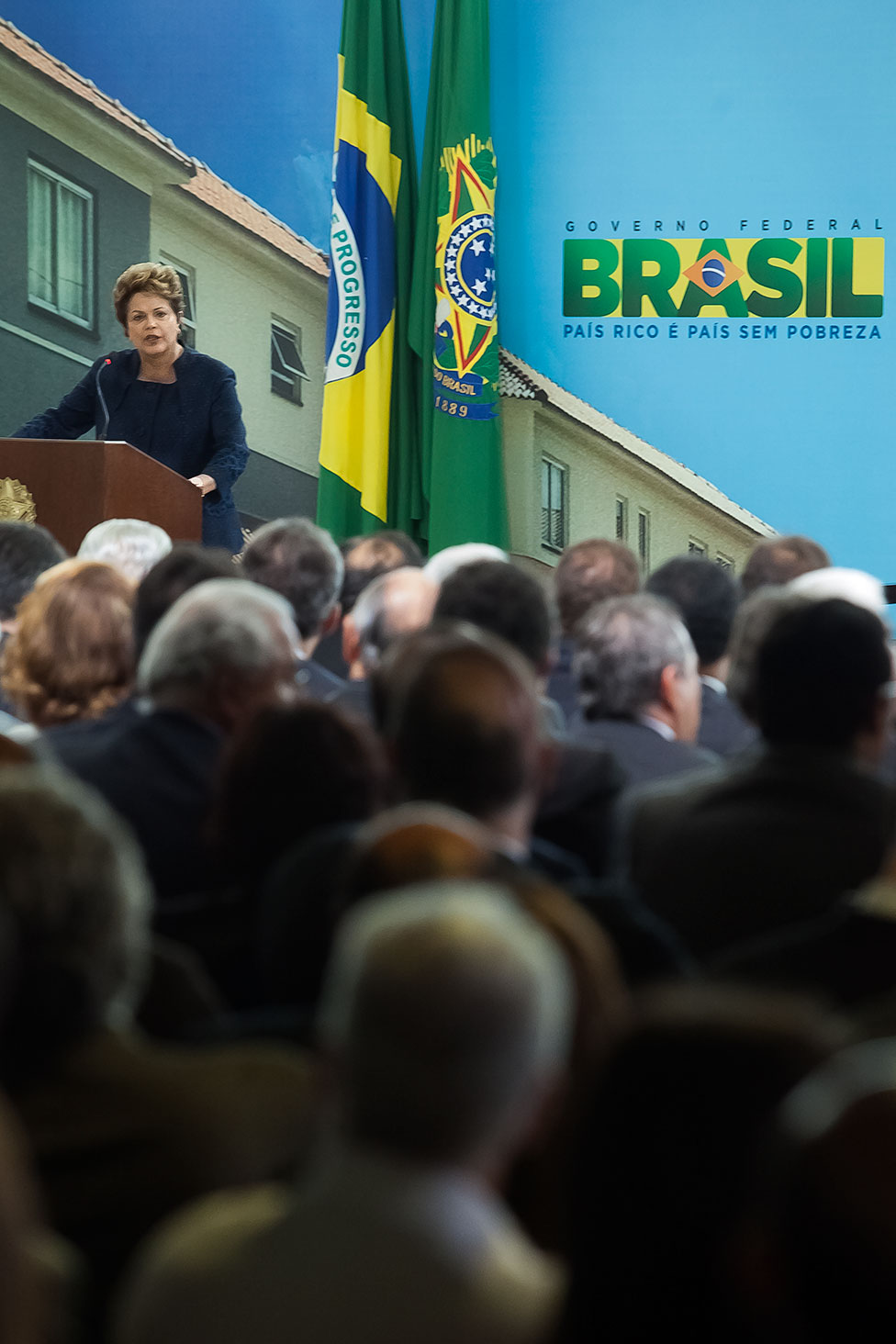28
2012Who controls the house?
An overview president Dilma Rousseff’s two years of government.
Bernardo Rebello
It cannot be said that there have been a lot of changes in the Brazilian federal governments scenario over the past two years until now. It is true that the recently elected president Dilma Rousseff made all kinds of political gestures in order to avoid any rebuke to president Lula, her patron and main responsible for her victory. Even though the new president has eschewed bold gestures, it is possible to say that she is trying to recast the national government into her own style. The questions that arise in that perspective are if wheter she is going to be able to push through the reforms that her country needs.
Indeed there are signs that Mrs Rousseff is laying the ground work to be able to make a more ambitious agenda. Her appointments are a representative mark on this overview. The nomination of Maria das Graças Foster as the new president of Petrobras, the state-controlled oil firm is an example of it. With more than 30 years of experience in the company, her rising to the top job in one of the main areas of investment of Brazil made a big impression, even though the shares of the company fell in 2012.
Moreover, we can see that the new president is proposing other deals as regards pension reforms, as she had sanction a law on the sector this year, sttoping deforestation and dividing the proceeds from offshore oil between the states and the federal government. Although the president only made one important reform pass through congress in her first year in office, the hole context was favorable to her during 2012. She made relevant decisions by vetoing parts of the new Forest Code and the division of royalties of Brazilian petrol. The country has so far weathered the global economic storm and her Economy Minister predict an expansion of Brazilian GDP to something around 4% in 2013.
Meanwhile, in the political arena, the view is not so different. While the country faced the “mensalão” trial, a bribery and corruption process involving well known Brazilian politicians in Lula´s government, president Rousseff maintained her popularity. Recent polls from IBOPE, a Brazilian research institute, revealed a 62% approval rate of her government in last December.
This result can encourage the president to cull part of her wieldy coalition. Six out of the seven most powerful and representative parties in the Congress are in her parliamentary base support and occupy important roles in her cabinet, voting together in general but with different interests as well. The opposition has less than 100 politicians out of 513 in the lower house. Divesting herself of the troublesome allies could make the president stronger on her causes.






